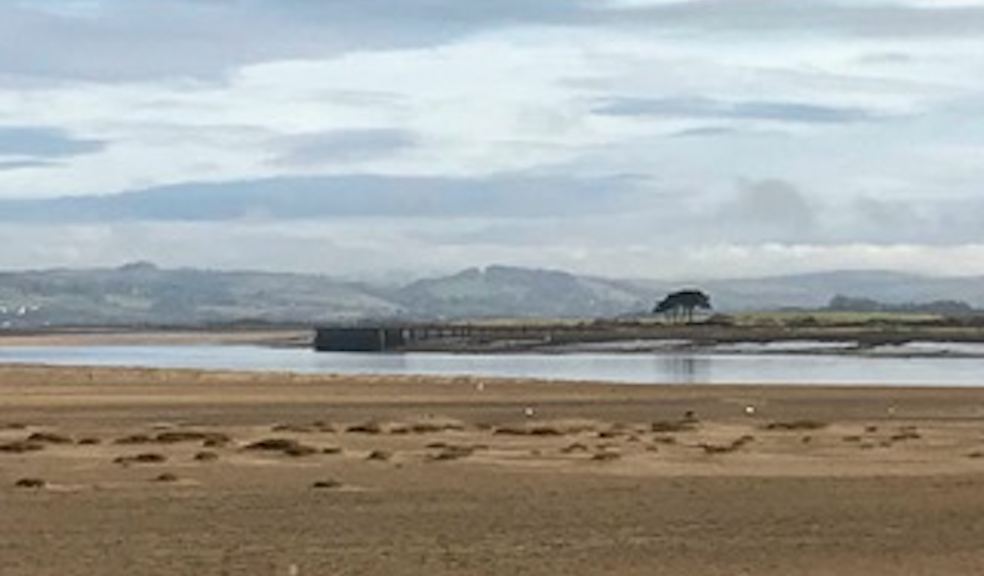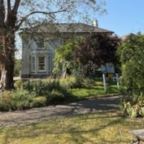
Premium holiday village for Yelland Quay allowed on appeal
A 250-unit village proposed for the banks of the Taw estuary in North Devon has been given the green light, in a decision described by Devon CPRE as “a tragedy for both the environment and local house-hunters”.
In an Appeal decision published today (30 June) following a public inquiry, the Planning Inspectorate has found in favour of the developers who want to build a high-end riverside resort on the site of the former Yelland power station.
The Inspector ruled that there were no compelling planning reasons to refuse it, as the site was allocated in the North Devon & Torridge Local Plan. North Devon Council had refused the application in June 2021, citing its lack of local-needs housing, and detrimental impact on the landscape and local infrastructure.
“The site is offering no affordable housing, because the developers claim that the costs of building on a contaminated riverside site make it unviable”, said Devon CPRE trustee Steve Crowther, who gave evidence to the inquiry on behalf of a number of local groups.
“In his judgement, the Inspector recognises that North Devon has a ‘severe shortage’ of affordable housing. However, the owners can claim they can’t afford to build any affordable homes for local people, and the planning system agrees with them. It’s a crippled system that urgently needs to be demolished and rebuilt from the ground up.”
The Inspector also rejected the Council’s arguments regarding the effects on landscape, highways and local infrastructure. However, the decision enables the Council to reallocate a total of £335,500, which is not required for highways improvements, to either environmental mitigation or affordable housing.
Devon CPRE believes that the money should go into affordable housing, as £1.12m has already been allocated for ‘no net loss’ mitigation of the environmental effects of the development.
Trustee Steve Crowther said, “The development will see more than 30% loss of habitats on the site, but a huge amount of money has already been earmarked to pay farmers for ‘biodiversity net gain’ elsewhere. Getting at least some local-needs homes on the site should now be the priority”.











